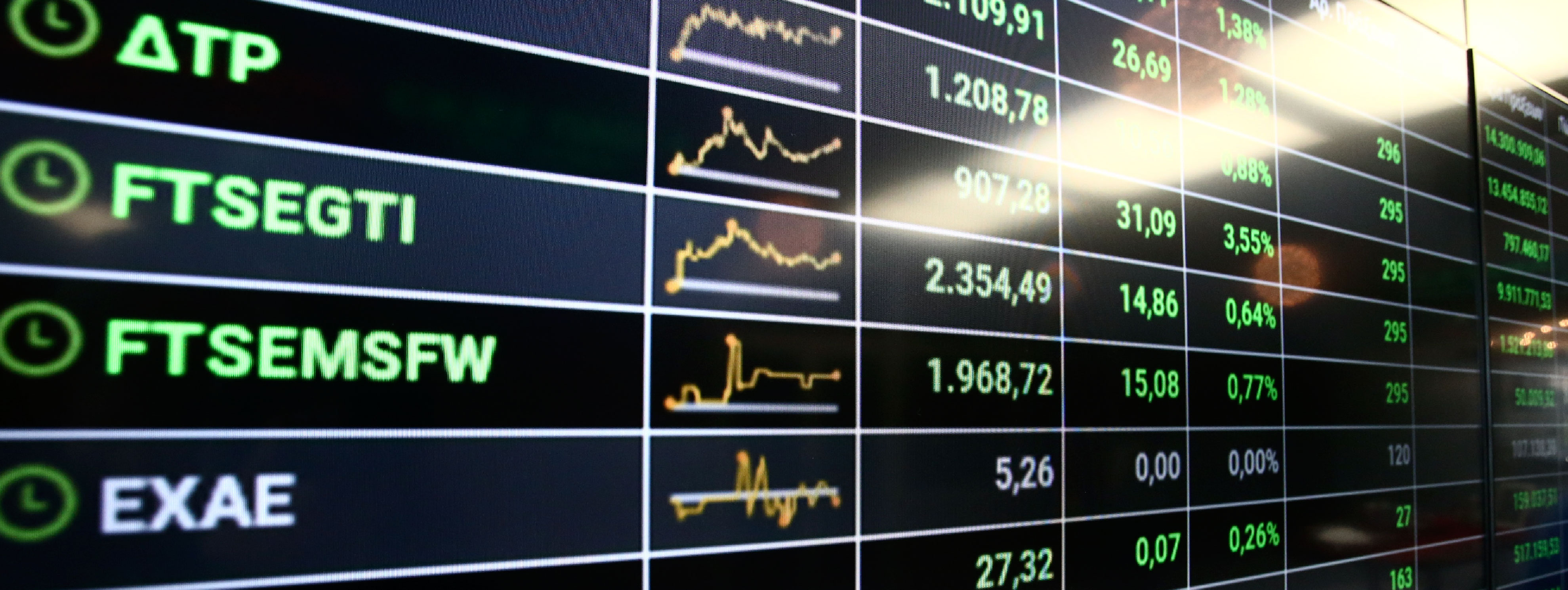Exchange Traded Funds (ETFs) are open-ended mutual funds, which are issued by Mutual Fund Management Companies (M.F.M.C.) and are admitted to trading on the Stock Exchange. Just like shares, ETFs can be traded at any time-during open trading hours-by Members-Brokerage Firms. An ETF offers to investors the benefits of a diversified portfolio, i.e. the risks involved are reduced by spreading them across a wide portfolio, while its main investment objective is to reproduce the performance of a specific index. Other advantages of ETFs are as follows:
- Transparency. The Athens Exchange disseminates in real time information relative to the prices of ETFs' units, the prices of ETFs underlying indices, Net Asset Value (NAV), iNAVs as well as the composition of the ETFs underlying indices in order for investors to be informed on the status of their investments.
- Liquidity. There is at least one (1) Market Maker in the ETF Market of ATHEX in order to provide continuous quoting during the trading session and thus providing the necessary liquidity in the market.
- Efficiency. Through diversification of the investment portfolio with one single movement. When an investor buys ETF units, he manages to diversify his portfolio with one single movement since he invest indirectly in the basket of stocks comprising the underlying index of the ETF, without the need to buy each stock of the basket separately.
- Flexibility. While ETFs give investors the benefit of diversification, they trade like shares. As a result investors may buy or sell their units through their brokers at any time during the trading session by exploiting in this way the market conditions, the same way they do with shares.
ETFs started to trade in ATHEX on the 24rth of January 2008 in the trading segment of ATHEX under the name "Exchange Traded Funds".
For more information relatively to ETFs you can select:
 |  |  |
ETFs operational framework | Listing requirements | Listing procedure |
|
|
|
|
To contact a member of the ATHEX New Listings Team, please click here.







 20240917 Bank of Cyprus Holdings plc - Summary Document-ENG-Final.PDF
20240917 Bank of Cyprus Holdings plc - Summary Document-ENG-Final.PDF  AUTOHELLAS_PROSPECTUS.pdf.crdownload
AUTOHELLAS_PROSPECTUS.pdf.crdownload 
 Resolution No 22 Regulation of Technical Matters for Trading on ATHEX Markets 22042024
Resolution No 22 Regulation of Technical Matters for Trading on ATHEX Markets 22042024 
